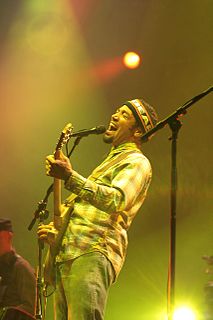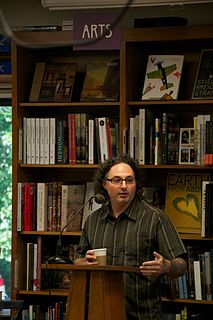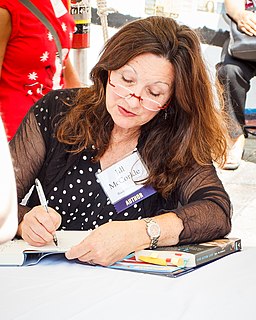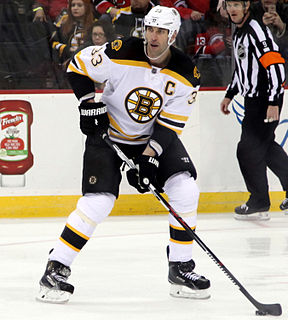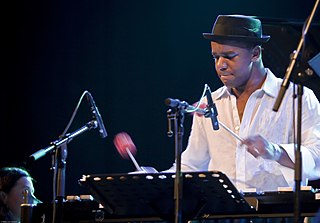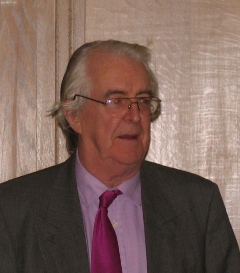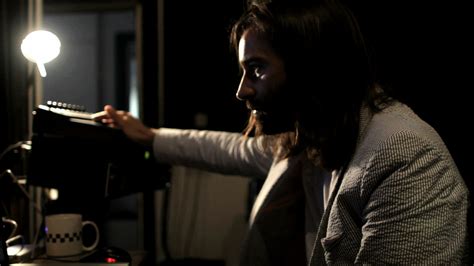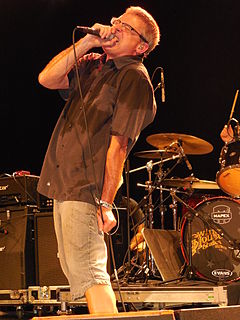A Quote by Philip Glass
I don't know that I make a big distinction between the big pieces and the little pieces, because I don't experience them in that way. I mean, by the same token, you're out touring with a band and then you're writing string quartets, and in a funny way, isn't it all the same, in a way? It's all just music.
Related Quotes
There is a difference between a great producer and somebody who is a big advocate of your music. Just because you're a big advocate for a band doesn't mean you need to be in the studio with them, and at the same time - we don't need to get into this conversation - you can write a hit, but it might not hit.
I feel very protective in the first draft, when all the pieces are coming together. I work in a way that is not linear or chronological at all, even with the short story. I will just be writing bits and pieces, and then when I have all the pieces on the table, that for me is when it feels like the real work begins.
Writing helps us heal in certain way, but it doesn't make the experience of thinking about writing that occasion any less painful. When you revisit trauma, you don't know what's going to be triggering for you because you don't know how it's connected in your mind. So in the same way when we write something, it doesn't completely resolve the experience for us. It can feel therapeutic, but that's not the reason why I do it. I do it to ask a question, or just to find meaning.
The way I look at music, what I'm interested in is not necessarily creativity - in many ways I think creativity is overrated, actually. What I think is important is authenticity. I want to hear music that has the resonance of the people. I want to hear music that is an amplification of them. Because then, I can experience the people. But because the music has become so institutionalized, everyone is learning and regurgitating the same material in the same way.
It is in vain that we search for an essential difference between good and evil, for their constituents are the same. The crucial distinction lies in their structure, i.e., the manner in which the pieces are assembled. Evil is disintegration, an angry juxtaposition of alienated opposites, with parts always striving to repress other parts. Good is the synthesis and reconciliation of these same pieces.
The fascination with the music stayed with me for years and I wanted to find out why I liked it so much and to learn the grammar of it, and that's why I tried to write the sheet music down. Writing it down gave me some ideas of other versions of the music and I wrote the first string quartets and piano pieces based on transcriptions.
The time I like listening to music most on headphones is, I have a game I play with my brother, he's a musician as well.And he sends me MIDI files of keyboard pieces. So, these are pieces where I just get a MIDI file; I don't know what instrument he was playing them on; I know nothing about his section of the sound of the piece, and then when I'm sitting on trains I do a lot of train travel I turn them into pieces of music. And I love to do that; it's my favorite hobby.
If you push in every time there's a big moment, then the tenth time you push in, you're not going to get the same effect. Or if you have too many close ups, then when you have a big moment and you want a close-up in order to make a point, it doesn't mean anything because you've already been doing close-ups. It's like writing in all capitals. Then after a while that doesn't mean anything. So, just because you can do something with a camera doesn't mean you should.
Because we take these huge long breaks, and then I just kind go, "Okay, fine, this is the way that I've chosen to live my life, and if the band now fades into obscurity, so be it, that's my decision." But then we come back and it's still as big as ever, or bigger. It's always been a surprise to me, that it worked out that way.


